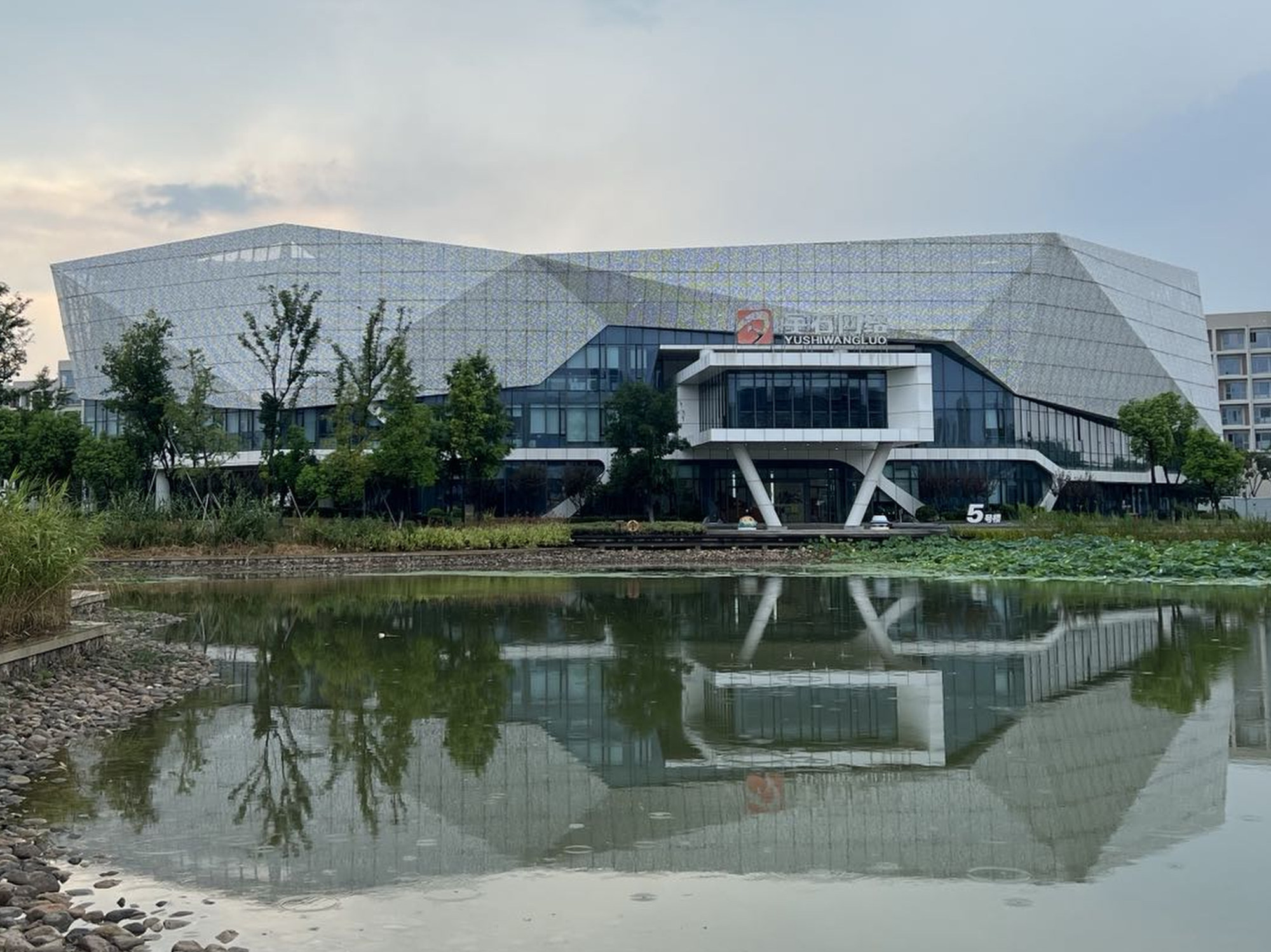
How a small eastern Chinese city is reshaping its economy to build the country’s next hotspot for video gaming development
- Shaoxing, a city in eastern Zhejiang province, in 2016 launched an ambitious programme to become China’s new ‘capital of online games’
- The city is banking on key infrastructure, subsidies and business-friendly policies to attract world-class video game developers and publishers
Six years into an ambitious programme to become China’s new “capital of online games”, Shaoxing has made room for about 11,000 skilled people and two publicly traded firms from the video gaming sector, according to official data, in a 2.8-square-kilometre industrial estate called E-Game Town in the city’s Shangyu district. There are now a total of 19 mainland-listed firms in the district.
From 2016, when Shaoxing started the programme, the prefecture-level city has so far invested around 6 billion yuan (US$843 million) to support video gaming firms that have established operations in E-Game Town, according to Ruan Jiandong, director of the industrial estate’s managing committee, at a China video gaming industry forum held in the city in July.
Firms in E-Game Town, which was developed on former rapeseed farmland near the Cao’e River in eastern Zhejiang province, receive preferential tax treatment, corporate subsidies, free employee dormitories and shuttle bus services. In addition, Ruan said 1,300 flats for young gaming talent have been built “within a 15-minute walk” to E-Game Town.

A company could be charged, for example, just 10 per cent of taxes payable to the local government in its first two years of operations in the industrial estate. E-Game Town’s managing committee also grants subsidies whenever a firm launches a new project.
“Typically, two to three titles, which were pre-screened here, make it in the [regulator’s] monthly list of new game approvals,” said an E-Game Town employee surnamed Meng, who declined to be fully identified because he was not authorised to speak to media.

China’s total video gaming revenue – including mobile, personal computer and console games – is expected to reach US$47.73 billion this year, up from US$45.49 billion in 2021, according to market research firm Niko Partners in a report published in May.

Zhang Weizhang, chief executive at Hangzhou-based Jinke Tom Culture, told the Post that his company moved into E-Game Town three years ago to benefit from its location and cost efficiencies.
“In 2019, we became a pure mobile internet company,” Zhang said. “It was logical and justifiable for us to move here”, although other employees work in various cities around the world.
Jinke Tom Culture owns Slovenian firm Outfit7, creator of the popular Talking Tom & Friends franchise. The apps under this franchise feature anthropomorphic animal characters that repeat things said by a user.
The company’s goal is “to become the Disney of the mobile internet era”, Zhang said.

Yushi Network, which was founded in 2015, and related parties have invested about 500 million yuan on a new office building in E-Game Town. Construction is expected to be completed later this year. The company, which initially had around 100 employees, has seen the number of its personnel grow by at least six times over the years.
Like Shaoxing, Montreal grew its economy via manufacturing industries like textiles and electronics. But in the early 1990s, Montreal pushed a campaign to attract major developers and publishers to turn the city into the “Hollywood of Video Games”.

Shaoxing, however, still has a long way to go if it wants to lure more world-class game developers and publishers to set up shop in E-Game Town.
Shaoxing is about a 1.5-hour train ride south from Shanghai and 20 minutes east of Hangzhou’s West Lake. By car, the city is an hour’s drive from Hangzhou and three hours from Shanghai.

